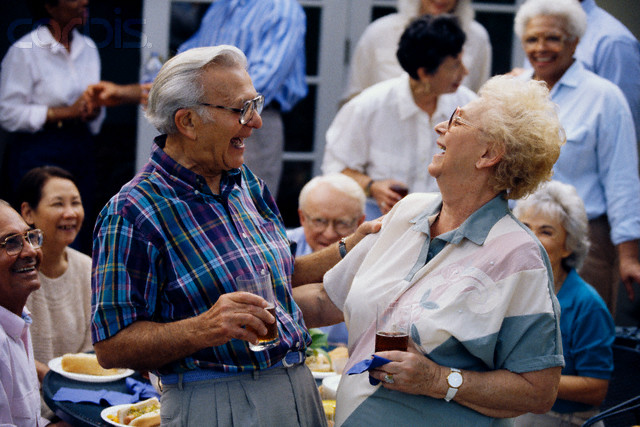
When it comes to things to do, there is no shortage in West Hollywood. And that’s not just nights out at bars and clubs or the theatre or a walk through local art galleries or a tennis match at Plummer Park. The city sponsors a wide range of cultural activities from outdoor art installations to theatrical and music performances to discussion groups for women and for gay men and events that bring the Russian-speaking community together.
However, if you are elderly, not in great physical shape and many members of your circle of friends have passed away how would you get to one of these events? How would you know about them? Why should you even care?
If you are out and about you’ll be reminded that West Hollywood is a city where LGBT people are welcome, with couples free to hold hands or kiss on the sidewalk, with the rainbow-flag colored city banner hanging from City Hall. You’ll likely also remember the long and difficult fight to get to where West Hollywood and America are today — a history the younger people around you likely won’t know.
Social participation is one of eight key focuses on the city’s “Aging in Place / Aging in Community” strategic plan. Another related focus is on respect and inclusion — making older adults feel accepted in a community known for its large population of young people.
Development of the plan, currently being reviewed by city boards and commissions and other groups for feedback, is directed by Elizabeth Savage, director of the city’s Department of Human Services and Rent Stabilization. She hopes to have the city implement the five-year strategic plan next year.
Others elements of the plan are coordinating health care and supporting care givers, housing, open space and buildings, transportation, respect and inclusion, communications and information, civic participation and employment and social participation. This article is the final in a series that describes each of the eight elements of the proposed aging in place strategy.
A draft of the aging in place plan says “the city … will continue to support and encourage the integration of older adults into a wide variety of activities through ease of transportation options, welcoming public space and recognition of the important contributions of older adults to the process.”
The draft strategic plan lists four goals under the social participation category:
SOCIAL ENGAGEMENT AND ENRICHMENT
- Provide education, art and cultural activities that are likely to appeal to a wide demographic and stage them where people are already likely to gather.
- Create opportunities for older adults to share their experience and knowledge with those in their teens and 20s.
- Create opportunities for older adults to engage in physical activity. For example, there might be a “senior exclusive” time at a gym or even online physical training classes.
- Offer adult daytime programs supervised by people aware of and respectful of WeHo’s varied demographics and cultures that might include therapeutic activities and would allow those attending to socialize.
The draft plan includes six goals under respect and inclusion:
RESPECT AND INCLUSION
- Include respect for older people in cultural competency training that the city offers.
Require service providers to include LGBT sensitivity training of their in-home service aides and other staffers. - Offer training to local businesses and their employees about how to make their establishments more accessible to older people and how to be sensitive to their particular needs.
- Adopt guidelines for making information materials such as mailed postcards or flyers more easily readable (larger typeface, readable design, etc.)
- Make sure that all meeting locations offer services such as closed captioning for those who have hearing difficulties. Also offer reading companions and recorded documents.
- Continue to promote and provide transportation services such as CityLine and TLC Door-to-Door so that older people can get to meetings of the City Council, the planning commission and other city boards and commissions.
- Make the city’s legislative support for initiatives that make it easier to age in place.
